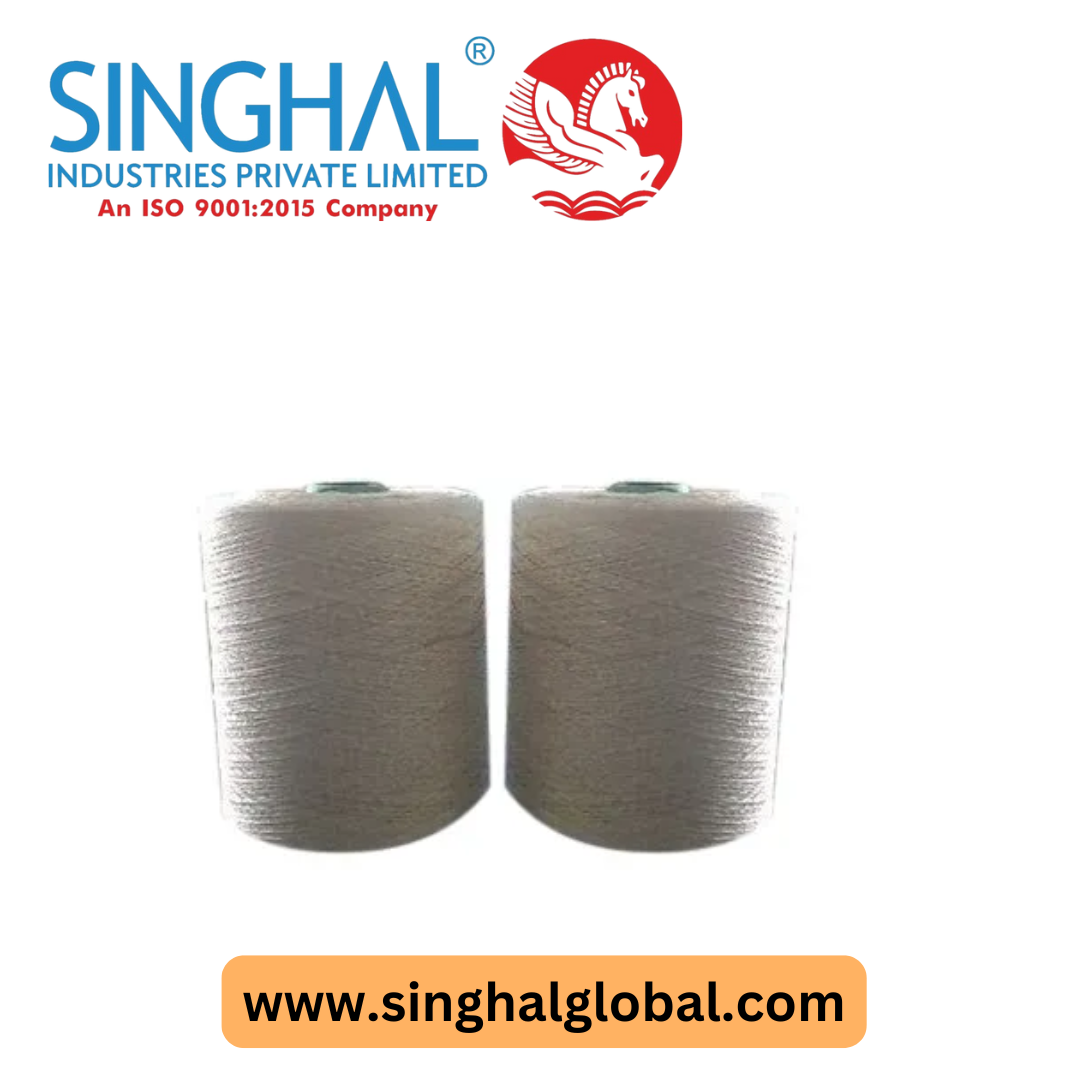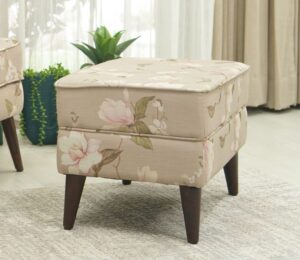
Polypropylene (PP) is one of the most versatile polymers, known for its wide-ranging applications in various industries. One product derived from polypropylene that has gained prominence for its strength, durability, and affordability is PP Fibrillated Yarn. This type of yarn is widely used in applications such as agriculture, construction, packaging, and more, thanks to its unique properties.
In this article, we will provide a detailed overview of Polypropylene Filament Yarn, exploring its production process, key features, advantages, common uses, and frequently asked questions (FAQs).
What is PP Fibrillated Yarn?
PP Fibrillated Yarn is a type of polypropylene yarn that undergoes a special process called fibrillation, where the yarn is split into fine, net-like strands. This fibrillation process enhances its texture and surface area, making it more suitable for various applications such as tying, stitching, and reinforcing. The yarn is lightweight, highly resistant to chemicals, and offers excellent strength-to-weight ratio, making it a go-to material for a range of industrial and commercial uses.
PP Fibrillated Yarn is produced by extruding polypropylene into continuous filaments, followed by a controlled fibrillation process. The result is a durable, strong, and flexible material that is resistant to rot, UV degradation, and harsh weather conditions.
Key Features of PP Fibrillated Yarn
1. High Tensile Strength
PP Fibrillated Yarn is known for its high tensile strength, which allows it to bear heavy loads and withstand tension without breaking. This feature makes it ideal for use in applications like ropes, nets, and construction reinforcement.
2. Lightweight and Flexible
Despite its strength, PP Fibrillated Yarn is incredibly lightweight. This property makes it easy to handle, transport, and install in various applications. Its flexibility allows for easy manipulation into different forms, such as ropes or nets, without compromising on performance.
3. UV and Weather Resistance
PP Fibrillated Yarn offers excellent resistance to UV rays and harsh weather conditions. It does not degrade easily when exposed to sunlight, moisture, or extreme temperatures, making it suitable for outdoor applications such as agricultural ties and geotextiles.
4. Chemical Resistance
Polypropylene, being chemically inert, gives PP Fibrillated Yarn a high level of resistance to chemicals like acids, alkalis, and organic solvents. This makes it ideal for applications where it may come into contact with corrosive substances, such as in industrial settings or farming.
5. Abrasion Resistance
PP Fibrillated Yarn is highly resistant to abrasion and wear, which increases its lifespan in demanding environments. Whether used in ropes, nets, or other high-friction applications, the yarn maintains its integrity over time.
6. Cost-Effective
Compared to natural fibers or other synthetic fibers, PP Fibrillated Yarn is an affordable option that doesn’t sacrifice quality or durability. Its long lifespan and low maintenance requirements also make it a cost-effective choice in the long run.
7. Environmentally Friendly
Polypropylene is recyclable, and Polypropylene Yarn Manufacturers In India can be repurposed after its initial use, contributing to sustainability efforts. In addition, it has a lower environmental impact during production compared to other synthetic materials.
Applications of PP Fibrillated Yarn
PP Fibrillated Yarn is a versatile material that can be used across numerous industries. Some of its common applications include:
1. Agriculture and Horticulture
In the agricultural and horticultural sectors, PP Fibrillated Yarn is often used for tying and supporting plants. Its UV resistance and durability make it perfect for outdoor use, where it can be exposed to sunlight and moisture without degrading. The yarn is commonly used in vineyards, tomato farms, and for various plant support systems.
2. Construction Industry
PP Fibrillated Yarn is used as a reinforcement material in concrete and plaster to enhance strength and prevent cracking. It is also used in geotextiles and erosion control systems due to its durability and resistance to environmental factors.
3. Ropes and Nets
Thanks to its strength and flexibility, PP Fibrillated Yarn is widely used to manufacture ropes and nets. These ropes are commonly used in the fishing industry, marine applications, and for safety nets in construction sites.
4. Packaging and Binding
PP Fibrillated Yarn is used in the packaging industry for tying, binding, and securing goods. Its tensile strength ensures that it holds products securely during transportation and storage.
5. Sports and Leisure
In the sports industry, PP Fibrillated Yarn is used in the manufacturing of artificial turf. Its fibrillated structure helps create a natural grass-like appearance while providing durability and resilience against wear and tear during heavy usage.
6. Industrial Applications
In industrial settings, PP Fibrillated Yarn is used in the production of twines, sewing threads, and other binding materials. Its chemical resistance makes it ideal for applications in environments where exposure to chemicals or corrosive substances is a concern.
Advantages of PP Fibrillated Yarn
1. Long-Lasting Durability
One of the key advantages of PP Fibrillated Yarn is its long-lasting durability. It can withstand heavy loads, abrasion, and environmental factors, making it a reliable material for demanding applications.
2. Ease of Use
The yarn’s lightweight nature makes it easy to handle, transport, and install, reducing labor costs and improving efficiency in large-scale applications. It can be easily manipulated and formed into ropes, nets, or binding materials.
3. Low Maintenance
PP Fibrillated Yarn requires minimal maintenance. Its resistance to rot, chemicals, and UV radiation means that it remains functional for long periods without the need for regular replacement or care.
4. Wide Range of Applications
From agriculture and horticulture to construction and packaging, PP Fibrillated Yarn can be adapted to numerous applications, making it one of the most versatile materials available today.
5. Cost Efficiency
Compared to natural fibers or other synthetic materials, PP Fibrillated Yarn is a more affordable option without compromising on performance. Its long lifespan further adds to its cost-effectiveness.
Conclusion
The Polypropylene Yarn Manufacturers is a highly versatile, durable, and cost-effective material that finds use across numerous industries. From agriculture to construction, this yarn offers exceptional strength, flexibility, and resistance to environmental factors, making it a reliable choice for demanding applications. Its recyclability and eco-friendliness also contribute to its growing popularity as industries look for more sustainable solutions. Whether you’re tying plants, reinforcing concrete, or manufacturing ropes, PP Fibrillated Yarn delivers performance and longevity at an affordable cost.
Frequently Asked Questions (FAQs)
1. What is PP Fibrillated Yarn?
PP Fibrillated Yarn is a type of polypropylene yarn that has undergone fibrillation, a process that splits the yarn into fine strands, increasing its surface area and making it suitable for various applications like ropes, nets, and reinforcement.
2. What are the benefits of using PP Fibrillated Yarn?
PP Fibrillated Yarn offers several benefits, including high tensile strength, lightweight design, resistance to UV rays, weather, and chemicals, and its affordability. It is also recyclable and environmentally friendly.
3. Where is PP Fibrillated Yarn commonly used?
PP Fibrillated Yarn is commonly used in agriculture for tying plants, in construction for concrete reinforcement, in the packaging industry for binding and tying, and in the sports industry for artificial turf.




